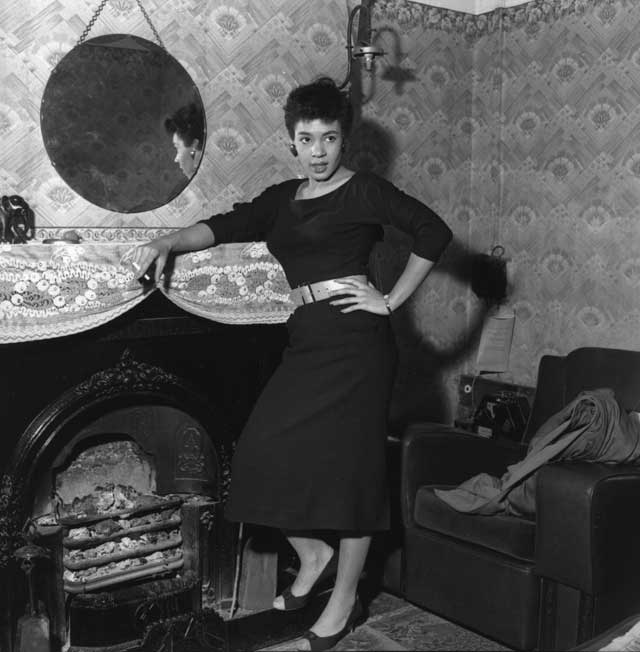Miss Shirley Bassey, By John L Williams

Born above a brothel in a rough sea port, a tenth child of mixed-race parentage, she should have had no future beyond the streets or factories. But Shirley Bassey has shown that even a triply underprivileged black Welsh woman could make it to the giddy heights of showbiz. This is the story that John Williams tells in this fascinating book: the way in which she negotiated herself into another world.
Williams wasn't born in time to know the original "Tiger Bay", pulled down in the Sixties and re-named Bute Town, though Cardiffians always just referred to it as "the docks". "Tiger Bay" was thrust on it by film-makers and journalists, and used remorselessly to promote Bassey's image as a "tigress". We needn't believe the story of her first manager, Mike Sullivan, that after he had sex with her his back was so lacerated that he had to take a holiday to allow the scars to heal – it was part of the image-building. The anecdote belongs to the sleazy lower slopes of 1950s showbiz, as does her first big success, "Burn My Candle".
Williams actually underplays the locale. He doesn't get to grips with the really terrible aspect of Tiger Bay, the random waves of violence that rolled in and out with the crews of every ship, in comparison with which the casual gun-play exhibited by Shirley's stepfather was small beer. Yet in a sense this turbulence brought together elements of Welsh society, with its powerful choral tradition. Religious missions ventured into the docks as if they were cannibal territory. My chapel-going mother once witnessed my seafaring father bouncing out through the doors of the Big Windsor (now a blameless Indian restaurant).
There is no doubt that the biggest of Bassey's handicaps was her race. Cardiff has enjoyed a reputation as a tolerant city, but this applied only to the docks area. Beyond, north of the railway bridge, was definitely a different sphere, where "coloured" people were rarely seen. Their only route into it was as a boxer or a singer: both, incidentally, occupations which denmand intense commitment and lion hearts.
Bassey's extraordinary achievement was that she had not only to contend with escape from Tiger Bay, but that the essential move in making her an international star was to conquer America. There she had to face full-blown American racism, though Sullivan did his best to shield her from an atmosphere in which a hotel swimming pool was drained and cleaned after Sammy Davis Jr. had jumped into it.
Williams makes a real contribution to the history of black Britain in his analysis of Bassey's background, especially the entertainment world of minstrel shows and jazz cafes. The book effectively ends with the release of "Big Spender" in 1967, so doesn't deal with the second part of the Bassey enigma – how has she kept going for so long? The answer may lie in her own understanding of what she was doing: "If I sing something I can be sincere about, people will like it". This is a clue to the huge vocal success of the Welsh from pop to opera: a direct access to feeling which flows through the voice, something Bassey has never lost.
Subscribe to Independent Premium to bookmark this article
Want to bookmark your favourite articles and stories to read or reference later? Start your Independent Premium subscription today.

Join our commenting forum
Join thought-provoking conversations, follow other Independent readers and see their replies